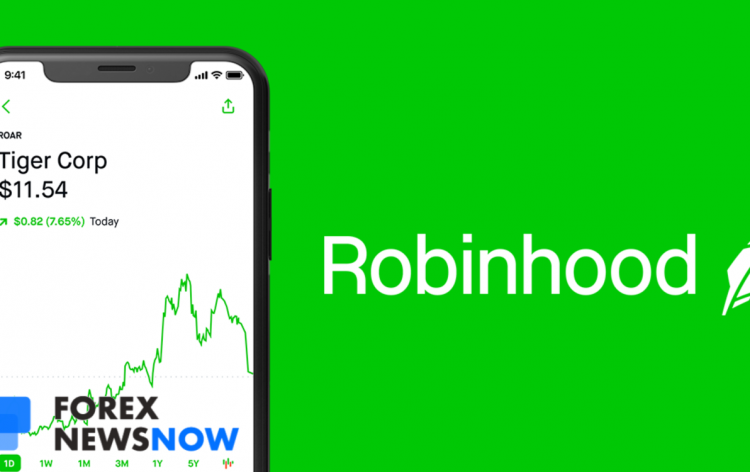Robinhood’s Crypto Revolution Sweeps Across Europe: A Game-Changing Era for Investors”

Europe’s financial landscape is about to experience a seismic shift as Robinhood, the pioneer of commission-free trading, introduces its cryptocurrency trading service to the European Union. Breaking away from traditional financial models, Robinhood’s expansion into the EU marks a pivotal moment for the region’s crypto enthusiasts.
The platform’s user-centric approach, which has already revolutionized stock trading, promises to bring simplicity and accessibility to the complex world of digital assets. As Robinhood continues to bridge the gap between conventional finance and the burgeoning crypto market, its entry into the EU heralds a transformative era for investors seeking a seamless and inclusive trading experience.
Robinhood in the EU: What You Should Know
As Robinhood sets its sights on expanding its crypto services in the European Union, the move reflects a broader trend among major U.S. crypto firms seeking growth beyond domestic challenges. Facing regulatory scrutiny from the U.S. Securities and Exchange Commission (SEC), companies like Coinbase and Binance are turning to the EU, which is in the process of proposing comprehensive regulations under the Markets in Crypto-Assets framework.
Robinhood’s selection of the EU as its primary international market aligns with the region’s proactive approach in formulating crypto regulations, showcasing a commitment to fostering a secure and regulated crypto environment. Johann Kerbrat, General Manager for Robinhood Crypto, pointed to the EU’s development of a robust regulatory framework tailored for the crypto industry as a key factor influencing their decision.
To address concerns related to the security of user assets, Robinhood emphasizes transparency in its European crypto offering. The platform pledges to display trade spreads openly, revealing the rebates received from sell and trade orders. Moreover, Robinhood ensures the segregation of customer coins from business funds, storing them securely in cold wallets isolated from internet access.
As the EU contemplates stricter rules for crypto trading platforms and stablecoin issuers, Robinhood positions itself as a platform committed to compliance, transparency, and user security. The platform’s crypto expansion in the EU not only signifies its global ambitions but also underscores the importance of regulatory alignment in the evolving landscape of digital asset trading.
Navigating Regulatory Certainty and Security Assurance
Robinhood’s expansion into the EU crypto market provides its users with a unique advantage – navigating regulatory certainty. As the European Union proposes comprehensive regulations under the Markets in Crypto-Assets framework, users on the platform can operate with confidence, knowing that Robinhood is committed to compliance and transparency.
The assurance of transparently displayed trade spreads and the segregation of customer coins from business funds adds an extra layer of security for users. This commitment to security is particularly crucial in an industry where concerns about the safety of digital assets persist. Robinhood users in the EU can take advantage of a platform that not only provides opportunities for cryptocurrency investments but also prioritizes the protection of their assets.
By aligning with the EU’s regulatory landscape, Robinhood users have the opportunity to participate in the burgeoning crypto market with a heightened sense of security and regulatory certainty. This move positions Robinhood as a trusted platform, empowering its users to explore and capitalize on the vast opportunities presented by the global cryptocurrency landscape.


























Comments (0 comment(s))